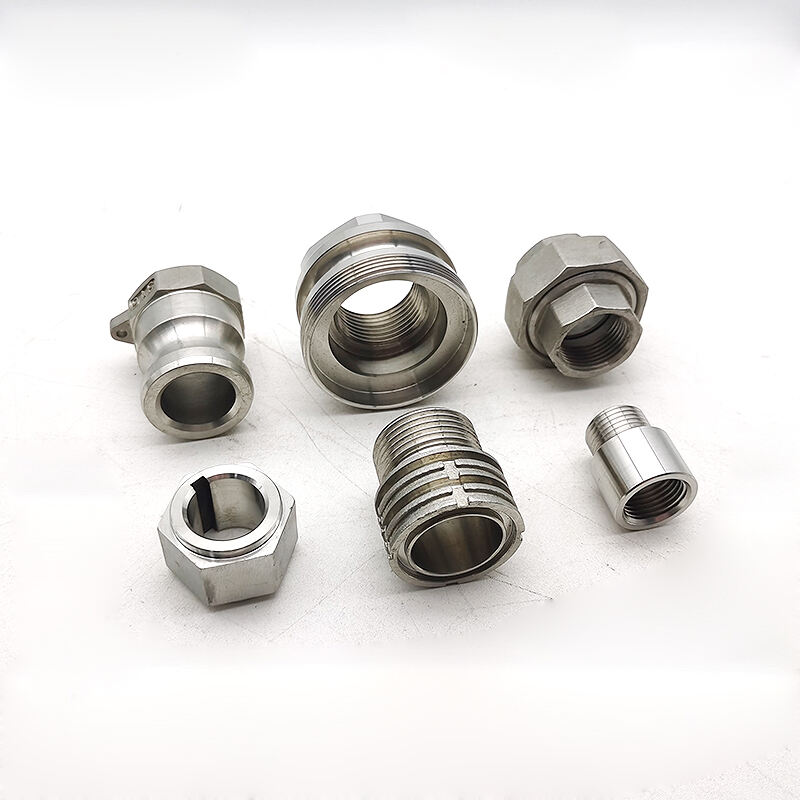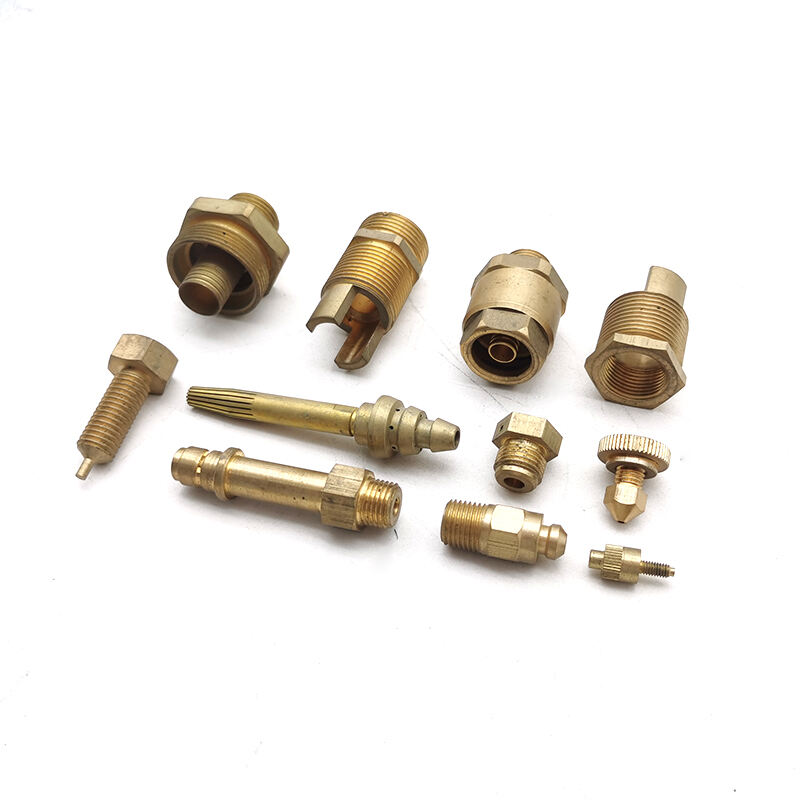high precision machined parts
High precision machined parts represent the pinnacle of manufacturing excellence, combining advanced technology with meticulous craftsmanship to produce components that meet exact specifications. These parts are manufactured using state-of-the-art CNC machinery and sophisticated computer-aided design systems, ensuring dimensional accuracy often measured in microns. The manufacturing process involves carefully controlled cutting, milling, turning, and grinding operations, resulting in components that maintain consistent quality across large production runs. These parts are essential in industries where precision is paramount, such as aerospace, medical devices, automotive, and electronics manufacturing. The production process employs advanced quality control measures, including real-time monitoring systems and automated inspection protocols, to maintain strict adherence to design specifications. High precision machined parts can be produced from various materials, including metals, plastics, and composites, with surface finishes that meet the most demanding requirements. Their applications range from critical engine components to intricate medical instruments, where even minor deviations from specifications could have significant consequences.

